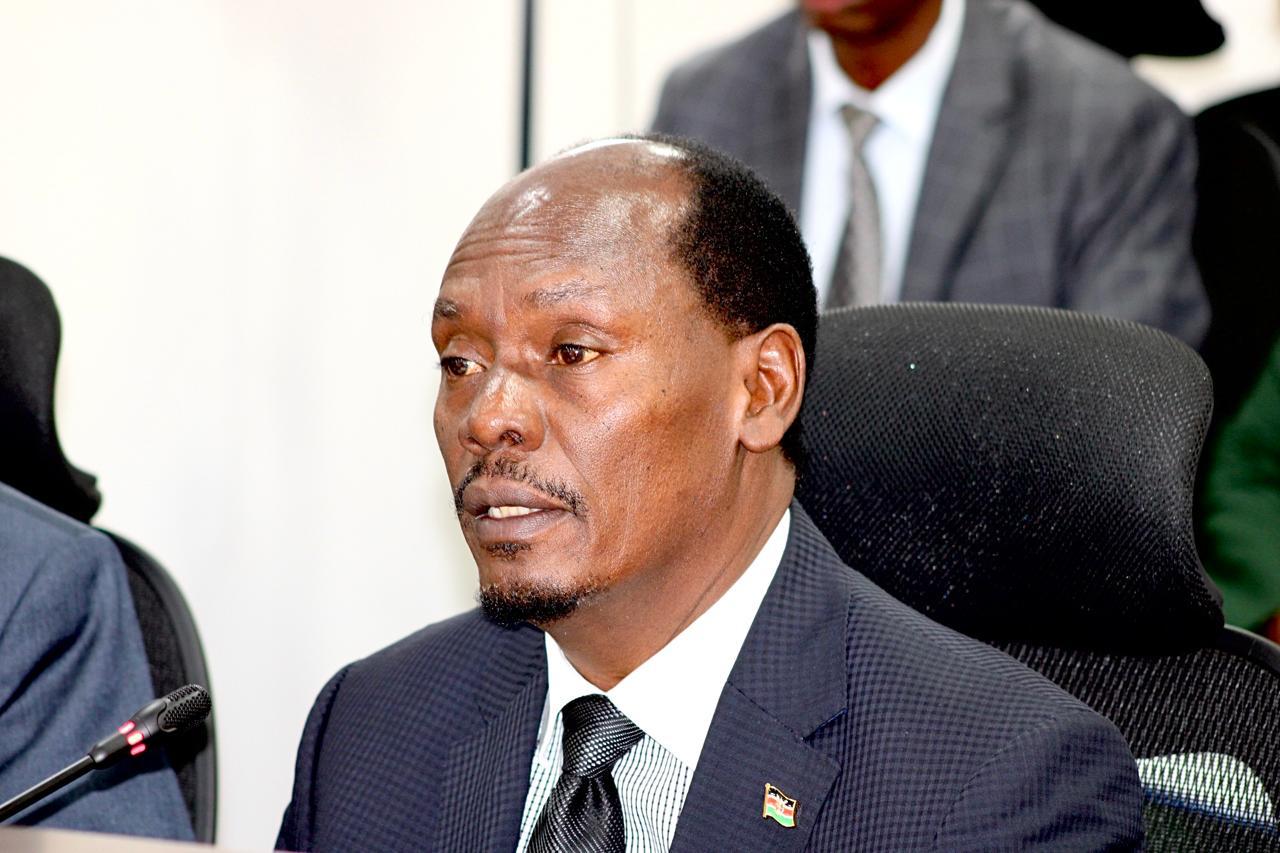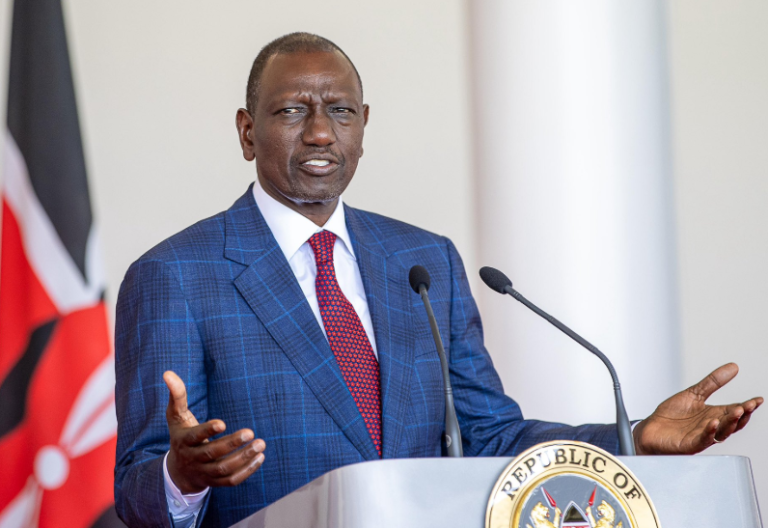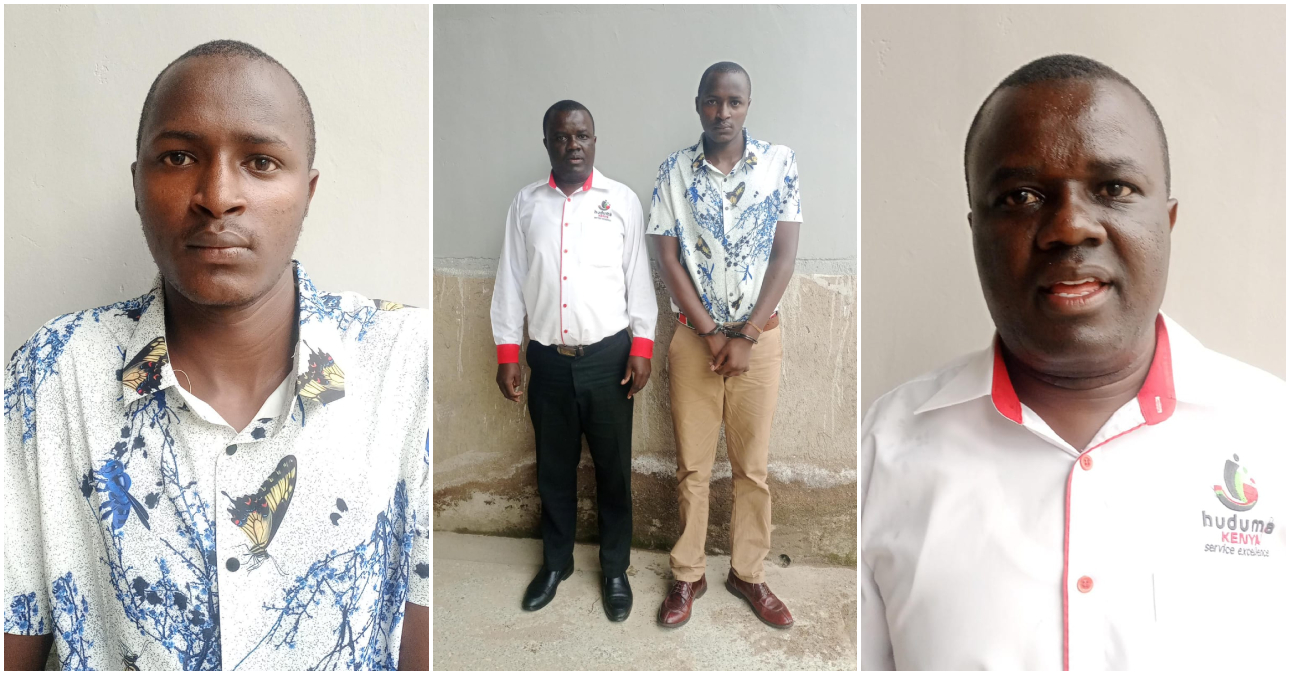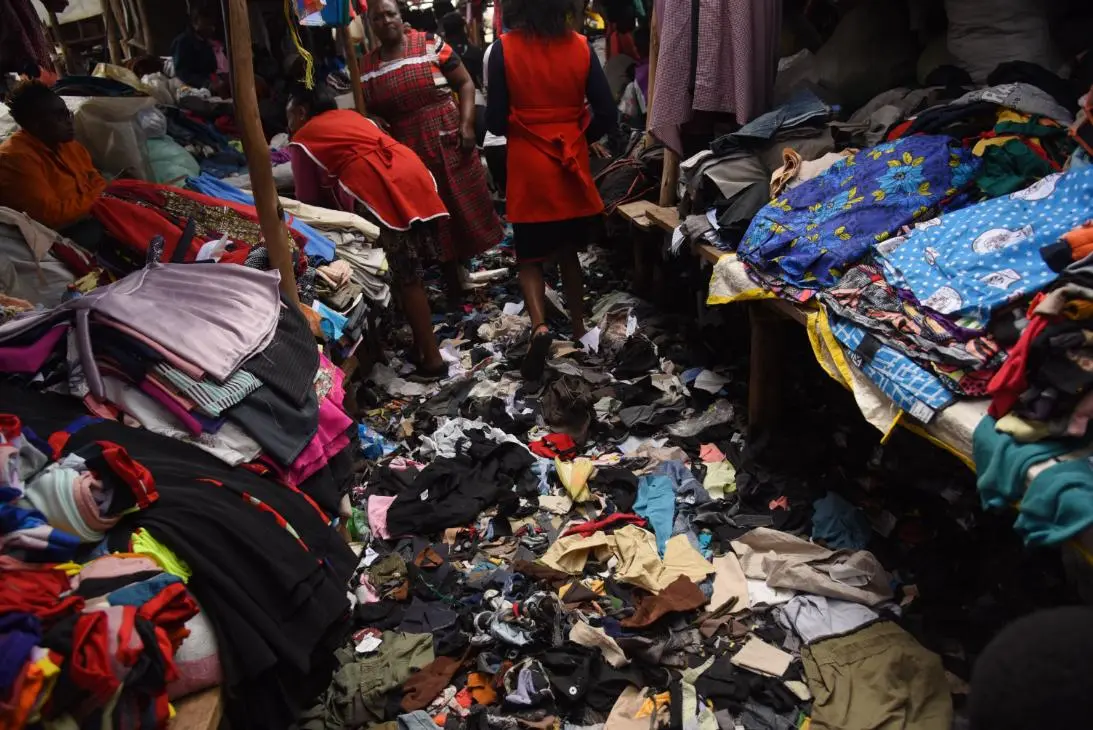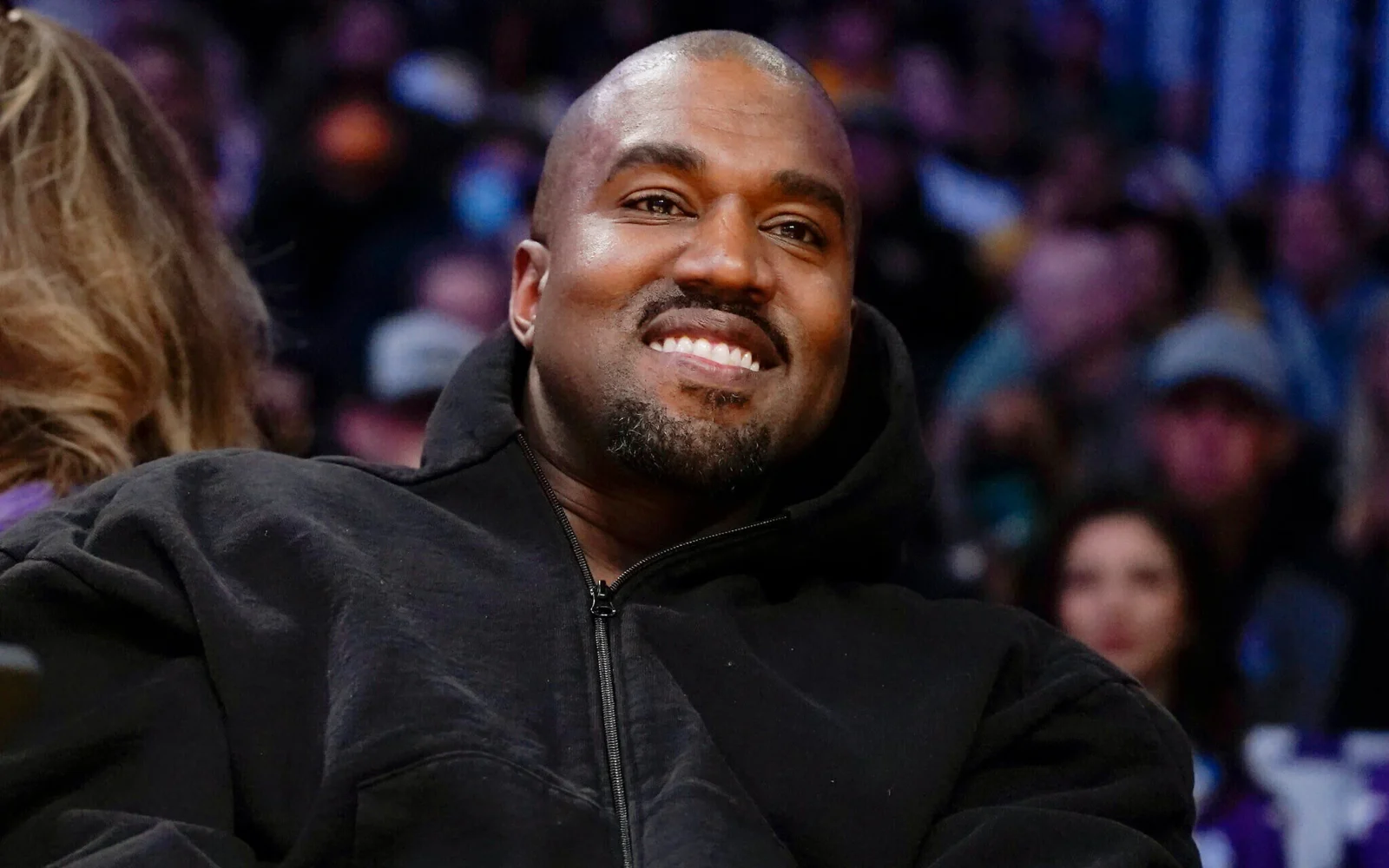During the consideration of the FY 2024/25 Supplementary Estimates II, members of the National Assembly Committee on Communication, Information, and Innovation raised serious concerns over the inefficiencies, budgetary misalignments, and lack of coordination at the Kenya Broadcasting Corporation (KBC).
Lawmakers warned that the disparity between planned budgets and actual project execution is widening, putting the national broadcaster’s future in jeopardy.
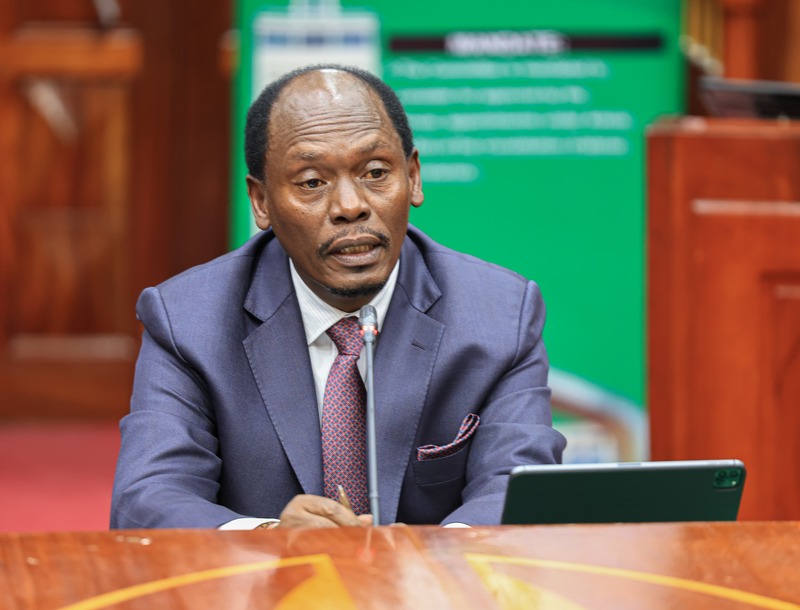
And a rationalized budget to clear pending bills and support the ministry’s initiatives.
However, several legislators demanded a radical transformation of KBC before further allocations could be considered.
Hon. Mumina Bonaya questioned the fairness in the distribution of 15 Studio Mashinani projects, saying, “The reality of equity in Studio Mashinani is missing.
We cannot allocate money when there is no equity.”
Her statement underscored longstanding concerns that funds were being directed to projects without clear impact or regional balance.
Hon. Umulkher Harun challenged the ministry’s strategic approach, arguing that Studio Mashinani is outdated and lacks relevance to younger audiences.
“Are you even speaking to the next generation? No one understands what Studio Mashinani is supposed to do.
What guarantee do you have that you will do better than Citizen TV?
We cannot fund KBC just because it is a national broadcaster, you need better justifications. If your services are good, people will come, if not, they won’t.”
Lawmakers also raised concerns about project duplication, questioning why the ministry runs a Center of Excellence, digital hubs, and Studio Mashinani under separate programs.
Hon. Kakuta Maimai asked, “Why do we have overlapping projects under the same ministry?
We need a 21st-century KBC that can actually compete with other broadcasters.”
Hon. Jematiah Sergon added, “KBC is dull; you need to repackage and rebrand.”
Her remarks underscored the urgent need for modernization, content innovation, and audience engagement.
Despite pleas from Principal Secretary Edward Kisiang’ani to fund the national broadcaster, the committee remained firm in its demand for structural reforms before additional budgetary allocations.
Hon. Joyce Bensouda urged KBC to adopt financial prudence and strategic partnerships, stating,
“Invite your competitors and share knowledge.
Can we cut unnecessary travel costs for KBC and redirect funds towards real transformation? We need to see a return on investment.”
Hon. Kivasu Nzioka raised concerns about scalability and poor project execution, questioning the status of salary arrears and stalled projects.
“Studio Mashinani started in 2014, and by 2017, only four were completed. To date, just four exist, yet now you want 15 more. How will that happen?”
The Committee Chairperson Hon. John Kiarie issued a stern warning, “Studio Mashinani must become a content generator.
Look at Alex Chamwada, his one-man show attracts more viewership than KBC with its entire staff. If we fail to restructure KBC now, we may never get another chance.”
In response, KBC Managing Director Agnes Kalekye assured the committee that she was committed to leading a comprehensive transformation of KBC, aligning with modern broadcasting standards and digital trends.
Legislators made it clear that KBC’s survival depends on swift modernization, content innovation, and responsible budget management.
Without concrete reforms, the national broadcaster risks falling further behind private media competitors and losing relevance among Kenyan audiences.


